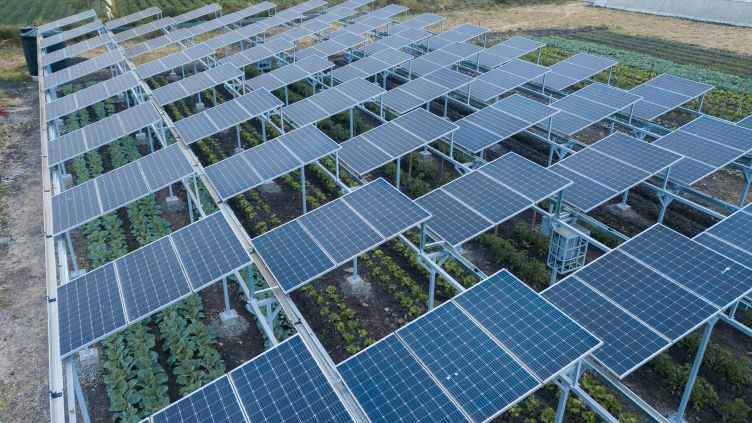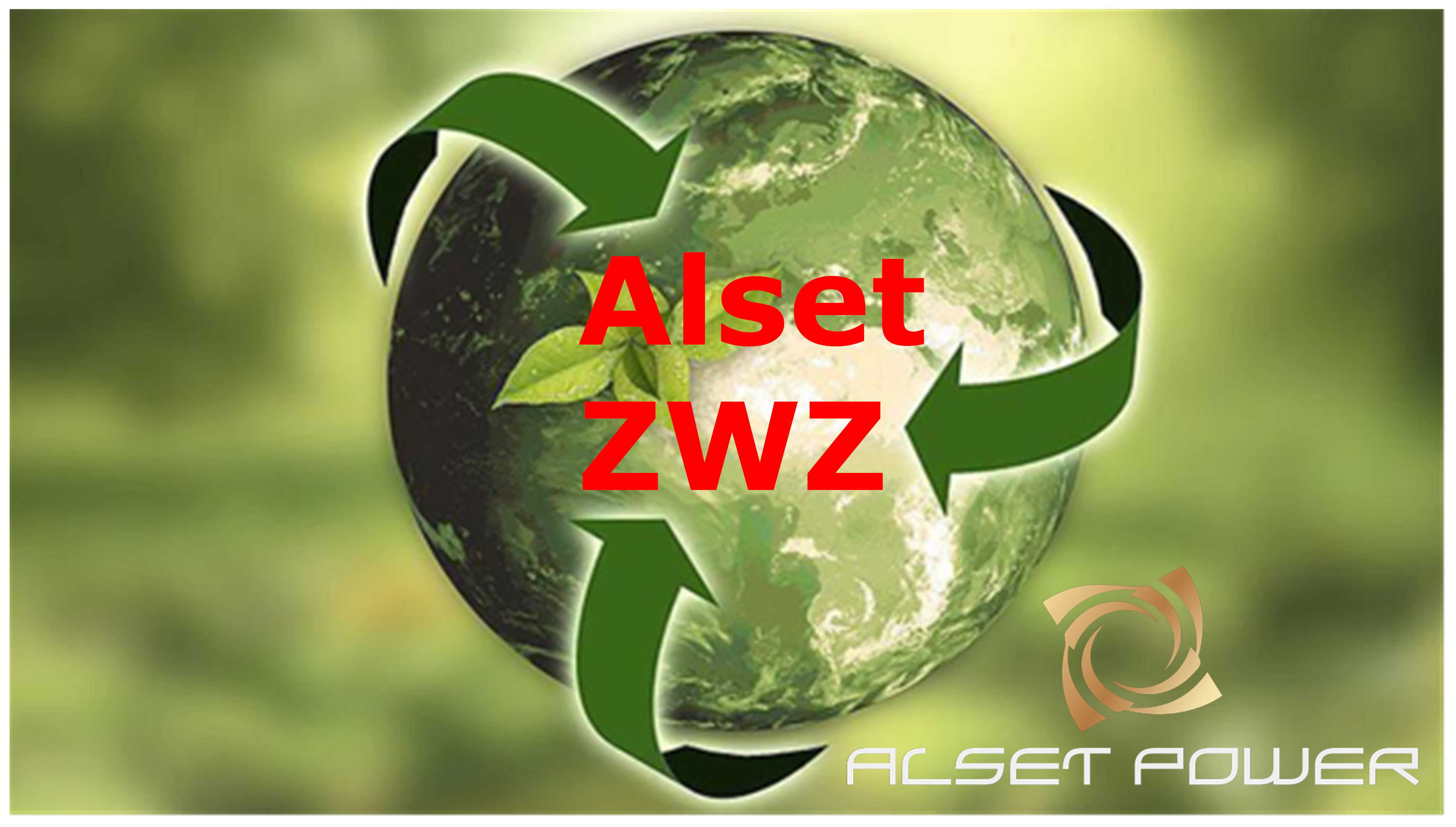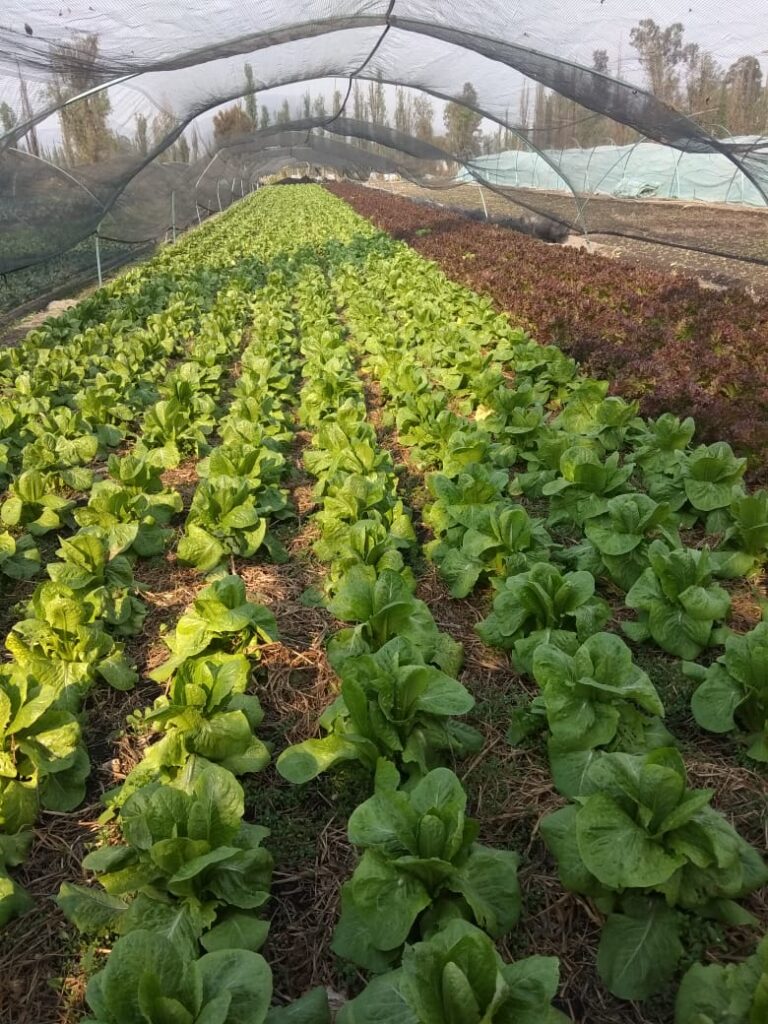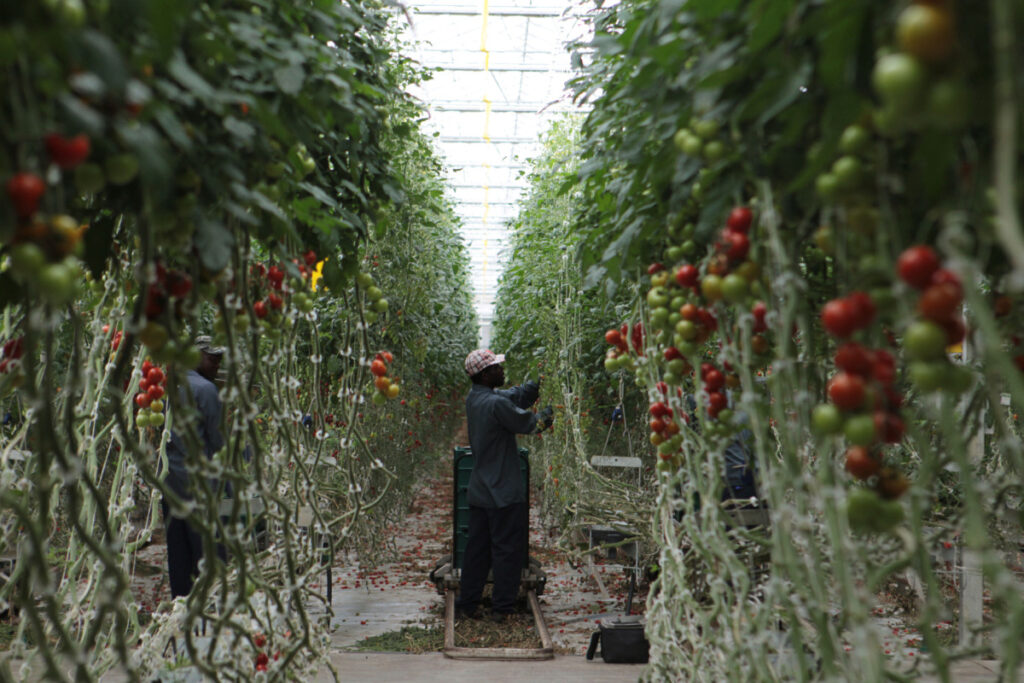Food Production by using Carbon Dioxide from the Waste Plants
To assist Food Security in Zambia and help mitigate against Climate Change – each waste plant will have a Green House close to it to utilise the Carbon Dioxide from the waste processing plant. A Research project will be discussed with the University of Greenwich from the UK to ensure good food production techniques are adopted to ensure efficient and sustainable food production is maintained. Also Dr Richard Randle-Boggis at the University of Sheffield from the UK has given permission to use the information of the “Harvest the Sun Twice” project and have a link to their website. We hope to develop Research Project building 500KW Solar Mini-Grids with Food Production taking place below the solar panels in Zambia, hopefully with the University of Sheffield input if deemed worthy.
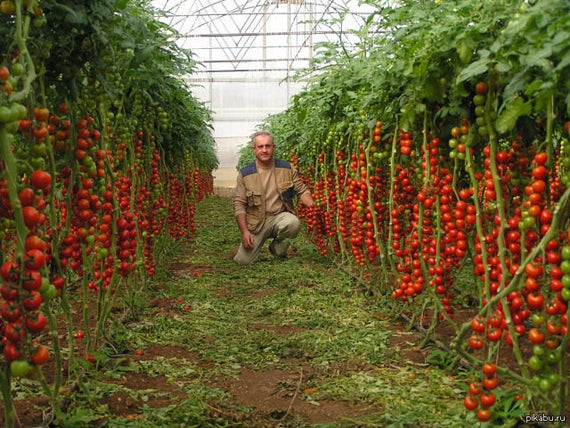
Food processing equipment
New Food processing equipment could now be manufactured using the Recycled Metals from the waste plants by SME’s with guidance from the University of Greenwich – Natural Resources Institute in London, England , also Zambia Institutes and Ministries working closely together.
Also better food production, efficiency and food security techniques can then be investigated and worked on for Zambia to combat Climate Change.
Reference from Dr Adele Carter –
“To whom it may concern,
It is with great pleasure that I offer this reference for PSECC and in particularly Alan Brewer for the professional, courteous and efficient project and stakeholder management of the Intergovernmental InnovateUK funded project for which I was the Monitoring Officer.
The project involved the successful design and development of a Cassava Hammermill for African countries with their specific requirements given the climate and agricultural environments as well as their financial and resourcing constraints. Their knowledge and understanding of the customer base was exceptional and the ability to combine expertise from partners companies with the local situations was exemplary.
Your sincerely,
Dr Adele-Louise Carter
MD Kiteway Ltd
University of Sheffield project Harvesting the Sun Twice
We hope to work with the University of Sheffield on commercial projects in Zambia once data collection has finished for this first piolet phase. We are working with the mining company FQML and 500,000 of their Farmers in the cooperatives to have these projects once agreement reached with the University of Sheffield. While ground-mounted arrays of solar panels offer several benefits related to clean energy provision, they miss opportunities to deliver livelihood benefits in addition to electricity supply, and in some cases can actually detract from other development goals. For example, ground-mounted arrays remove land from food production, and at a time when crop yields are threatened by a changing climate, increasing populations and insecure land ownership, we cannot risk putting further pressure on land resources.
Agrivoltaic energy systems, however, can combine the delivery of solar electricity, crop production, and rainwater harvesting on the same land area. Instead of being mounted close to the ground like traditional solar power arrays, agrivoltaic systems are constructed several meters high, with gaps between the arrays, enabling crops to be grown underneath.
Here’s the link to an article on our webpage, here’s a Guardian article on the project, and here’s a short video by the World Economic Forum.
This concept could be incorporated into this Zambia project in a second development phase – for every 50MW solar farm we build in Zambia we could have two or more 500KW or larger projects below incorporated into the project.
